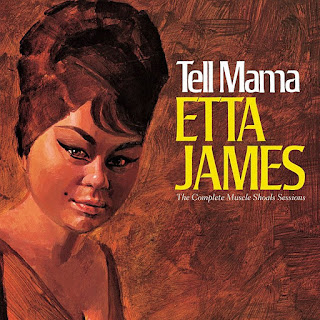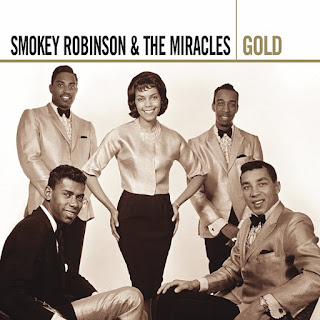"Don't Cry Out Loud" is a song written in 1976 by Peter Allen with lyricist Carole Bayer Sager that is best known as a hit single for Melissa Manchester in the US and for Elkie Brooks in the UK.
Melissa Manchester recorded "Don't Cry Out Loud" at the strong suggestion of Arista Records president Clive Davis, who felt that Manchester's intended 1979 album release lacked a potential Top 40 comeback hit. Davis assigned production of the track to Harry Maslin, who had co-produced the David Bowie albums Young Americans and Station to Station but whose most recent production work had been with Arista bubblegum act Bay City Rollers. Although Manchester herself regularly collaborated with lyricist Carole Bayer Sager - their output including Manchester's sole (to that point) Top Ten hit "
Midnight Blue" - Harry Maslin would recall that Manchester "hated the song 'Don't Cry Out Loud' and was angry with me for doing it [i.e. producing Manchester's recording]"; "
I think that's why I got such a wonderful vocal out of her". Recorded at Allen Zentz Studios Hollywood, "Don't Cry Out Loud" was released 11 October 1978 and did indeed reach the Top 40 at the end of 1978 rising to a number 10 peak on the Billboard Hot 100 twenty weeks later in March 1979. The single also reached number 9 on the Adult Contemporary chart, and thanks to its long chart life on the Hot 100, was ranked as Billboard′s 26th biggest hit of 1979, ranking ahead of a number of songs that reached higher peaks on the weekly surveys (including Sister Sledge's "
We Are Family" and the Bee Gees' number-one hit "Love You Inside Out").
In 2004 Manchester would say of "Don't Cry Out Loud": "I finally understand what it meant ... I originally thought it was a brilliant song but it seemed like the antithesis of everything Carole Bayer Sager and I were writing which was always about self-affirmation and crying out and sharpening your communication skills. But it's a beautifully crafted song that was all about how in the end you just have to learn to cope - and that's no easy thing."
This version has been lip-synced to comic effect; once in Drop Dead Gorgeous, a 1999 dark comedy, and more recently in a May 2013 episode of Late Night with Jimmy Fallon, as part of a "Lip-Sync Off" with John Krasinski.
It was also featured lip synced in the BBC comedy Beautiful People.
Features of This Track
easy listening qualities
a prominent rhythm piano part
use of a string ensemble
acoustic sonority
major key tonality
melodic songwriting
an emotional female lead vocal performance
brass instrument solos
acoustic rhythm guitars
political lyrics
sad lyrics







